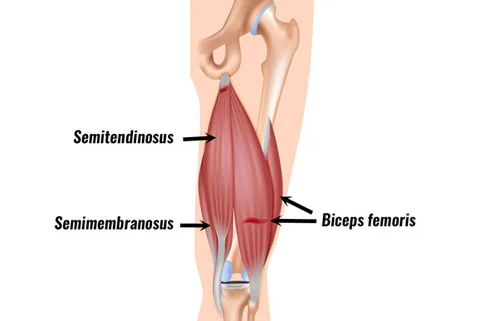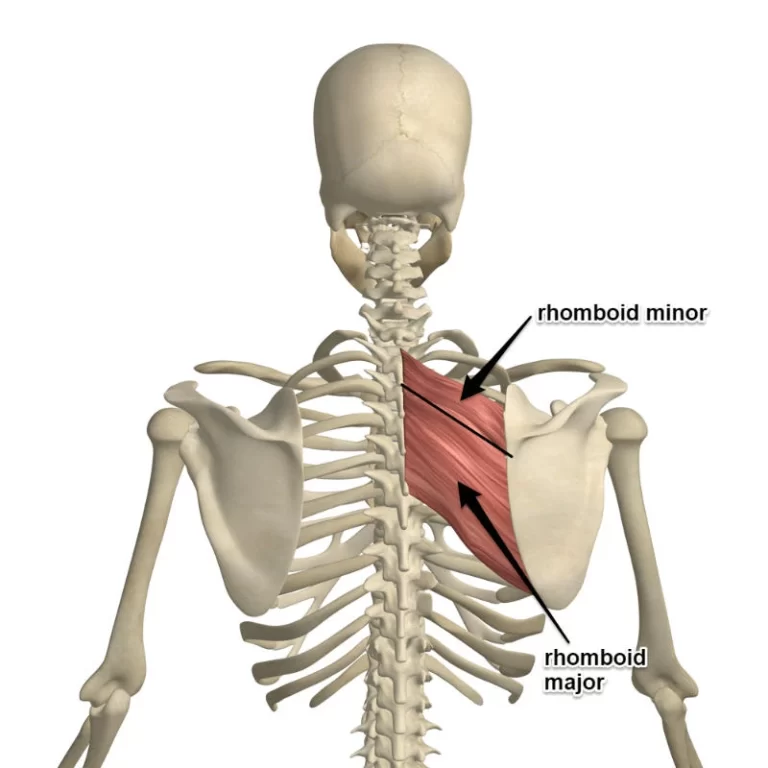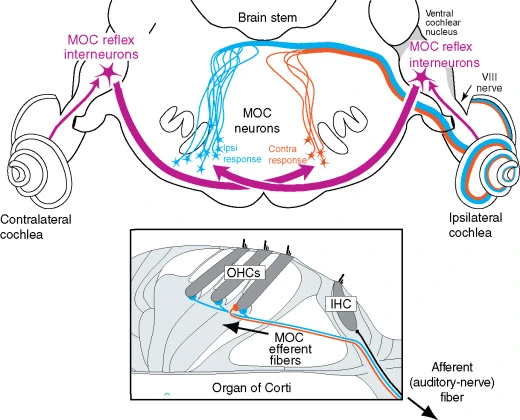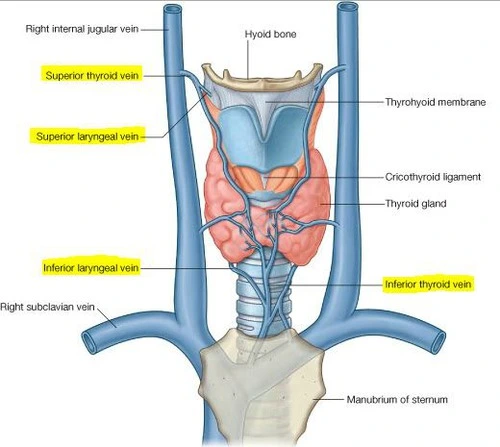How to become a Physiotherapist?
When we think of going for a career in the medical or healthcare field, the first thing that comes to our mind is doing MBBS or BDS courses. But the medical field is much more vast than we can even imagine. There are a lot more educational and career options available for aspirants once they are out of their schools.
Physiotherapy is one such promising field that one can go for if they want to pursue their career in the medical field after class 12.
As a physiotherapist, you will be required to look after the physical and muscular health of the patients. The salary scope is very good in this field if the degree that you get is from a good college.
Who is a Physiotherapist?
A physiotherapist is an individual who treats people, gives them a massage, or helps them do exercise at the time of any deformation or internal injury which is caused in the muscles or bones. This process is called Physiotherapy.
Their role is to give therapy, to prevent the patient from any other injury or pain. Also, they even help rehabilitate the people from any trauma or other setbacks. Physiotherapy is gaining importance now-a-days and has become a part and parcel of many patients. Many patients choose Physiotherapy instead of operation & medicines to get cured and live a normal happy life.
Types of Physiotherapy Courses in India
A student who is looking to pursue a career in Physiotherapy has a lot of options to learn more about the subject and be competent in the profession. In India, there are mainly 3 types of Physiotherapy courses.
- Undergraduate Courses
- Certificate/ Diploma Courses
- Postgraduate Courses
Students who passed class 12 can either opt for 4-year undergraduate courses or diploma courses of 2 to 3 years of duration. This type of course mostly involves curriculum teaching regarding physical movement and steering it to prevent ailments and disability of movement.
However, those who are looking for advanced learning in the field can earn a master’s degree (MPT) in the related subjects after graduation. This learning phase mostly prepares them to build exceptional skills and competencies in clinical areas. This enables them to work independently and contribute their service in challenging working environments.
Physiotherapy Courses After 12th
Those who are looking to pursue a career in Physiotherapy can consider the following courses once they pass out after class 12. The list includes both undergraduate and diploma courses.
Diploma in Physiotherapy – This is an undergraduate diploma of around 2-3 years
- Bachelor’s of Physio / Physical Therapy (BPT) – This is an Undergraduate Degree of 4 years
- Bachelor’s of Occupational Therapy (BOT) – This is an Undergraduate Degree of around 3-5 years
- Bachelor of Veterinary Science (B.V.Sc) – This is an Undergraduate Degree of 5 years
Postgraduate Physiotherapy courses
B.Sc in Physiotherapy – This is an Undergraduate Degree of 3 years
Students who are planning to take up advanced education in Physiotherapy can consider the following list of postgraduate courses. This includes masters, doctorate and diploma courses.
- Master of Science in Physiotherapy (M.Sc.) – This is a Postgraduate Degree of 2 years
- Master’s in Physiotherapy (MPT) – This is a Postgraduate Degree of 2 years
- Master of Physiotherapy (Neurology) – This is a Postgraduate Degree of 2 years
- Master of Physiotherapy in Sports Physiotherapy – This is a Postgraduate Degree of 2 years
Doctor of Medicine in Physiotherapy (M.D.) – This is a Postgraduate Degree of 3 years
Doctor of Philosophy in Physiotherapy (PhD) – This is a Doctorate Degree of 2 years
Post Graduate Diploma in Sports Physiotherapy (PGD) – This is a Post-graduate Diploma of 1 year
Eligibility criteria for Physiotherapy Courses in India
The student needs to fit in the eligibility criteria in order to get admission to the course.
For Undergraduates:
The minimum eligibility criteria to pursue this course as an Undergraduate is to pass 10+2 in the science stream from a recognized university or school.
The candidate has to appear for the entrance examination to procure admission to the university or college.
For Postgraduates:
The minimum eligibility criteria to pursue this course of Physiotherapy as a Postgraduate is that the candidate should have a qualified bachelor’s degree in BPT with a minimum aggregate of 50% marks or equivalent.
To pursue a Physiotherapy course, the candidate has to appear for an entrance examination and obtain the required scores to procure admission to the university or college.
Physiotherapy Entrance Examinations
To pursue a Physiotherapy course, the individual needs to appear for the entrance examination to procure admission to any of the colleges or universities.
Below mentioned are some of the entrance examinations for Physiotherapy:
CET – Common Entrance Test is an entrance examination that is conducted by universities to give admission to the individuals in the course.
AIMEE – All India Medical Entrance Examination is an entrance examination that is conducted to procure admission in MBBS, BDS, BPT programs, etc. The individual needs to qualify the exam to get admission in the universities.
LPUNEST – LPUNEST is an entrance examination that is conducted to procure admission in Lovely Professional University. It is a national-level entrance exam. The individual must appear for the exam to procure admission to the university.
So, the above mentioned are some of the entrance examinations that are conducted by colleges or universities to provide admission to the individual to do the course. There are some colleges or universities that do not conduct entrance examinations but grant admission based on their performance in the earlier examinations.
BPT Course Specializations
There are no Bachelor of Physiotherapy specializations available for candidates at the undergraduate level. However, one can opt for various specializations available during postgraduate studies and higher education. Some of the specializations available post-completion of BPT (Bachelor of Physiotherapy) are Cardiovascular and Pulmonary Clinical Specialist (CCS) or Neurological Specialist, Geriatric Clinical Specialist (GCS), Orthopedic Clinical Specialist (OCS), Neurology Clinical Specialist (NCS), Pediatric Clinical Specialist (PCS), to name a few.
The specialization courses aim at equipping the candidates for specialized care in different fields or dedicated parts of the body. Check some of the popular specializations available listed below after BPT (Bachelor of Physiotherapy).
Neurological Physiotherapy
This specialization predominantly deals with the treatment of motion difficulty related to the body’s neurological system. Any damage caused to the central nervous system, including the brain and spine, leads to restricted movement and smooth body functions. Spinal cord injury, brain injury, stroke, and problems in balancing are a few of the ailments that require Neurological Physiotherapy.
Geriatrics Physiotherapy
Disorders such as osteoporosis and arthritis in the elderly are treated by a physiotherapist who has specialized in the field of geriatrics Physiotherapy. The field predominantly works with the elderly.
Pediatrics Physiotherapy
This specialization deals with the development of movement in babies. Pediatricians work towards improving the quality of life of children with neuromuscular disorders such as cerebral palsy and autism.
Orthopedic Physiotherapy
A combined knowledge of the anatomy, physiology and pathology of the skeleton and soft tissues covers the field of expertise of orthopedic physiotherapy. Orthopedics are predominantly concerned with the management of disorders related to the musculoskeletal system. Some of the common problems that are treated by Orthopedics include back and neck pain, hip fracture, osteoporosis, arthritis and bursitis.
Career Scope after Physiotherapy Courses
With the rapid urbanization lifestyle of people has changed a lot. With most of the youth now moving towards the corporate world, the stress levels have increased rapidly. Therefore, the demand for good physiotherapists is rising. Physiotherapists are required in private orthopedic clinics, hospitals, rehabilitation centers, fitness centers, sports centers, defense establishments, etc. Highly qualified physiotherapists can also start their own clinic and attend to their patient’s needs
Employments Areas or Sectors
- Defense Medical Organizations
- Colleges and Universities
- Pharma Industry
- Health Institutions
- Rehabilitation Centers
- Private and Government Sectors
- Orthopedic Departments
- Gyms and fitness centers
- Sports clubs
- Fitness centers
- Sports Training Facilities
- Schools for Physically disabled and mentally retarted children
Job Roles or profiles
- Sports Physio-Rehabilitator
- Physiotherapist
- Researcher
- Assistant Physiotherapist
- Research Assistant
- Sports Physio Rehabilitator
- Self Employed Private Physiotherapist
- Rehabilitation Specialist
- Private Practitioner
- Customer Care Assistant
- Osteopath
- Consultant
Required Skills for Physiotherapists
Every profession needs the individual to possess certain skills to get better at work. This field also needs the individual to possess certain skills:
- Interpersonal Communication – The individual needs to have this skill to communicate with the patients, team members and other members of the organization efficiently. As the physiotherapy specialists, they are responsible for communicating effectively. This includes fluency in language (local language and English), keeping empathy and confidence, having capability to converse in a convincing tone, keeping clarity of speech, being persuasive and influential and having excellent presentation skills.
- Team Working Skills – The individual needs to have these so that they find it easy to work in the team. The individual should be able to solve the problems of the team and work with them efficiently.
- Tolerance and Patience – The individual should be tolerant and patient to be calm and diagnose the patient with the proper treatment. They should be able to work with tolerance and patience as there are times when there can be an emergency or pressure.
- Good Time Management – The individual should possess this skill as they need to make timely decisions and also provide timely treatment to the patient. They should be able to diagnose the problem and also manage the required things for the treatment.
- Capability to run equipment wisely – Physiotherapists should know how to handle the equipment thoroughly as if any equipment is used in an improper manner that may decrease the effect of treatment.
- Work Under Pressure – The individual should be able to work under pressure as there are times when the patient needs urgent treatment. The individual should be quick and work under pressure when required. The individual needs to have this skill as they need to work under pressure most of the time.
Salary Scope After Completing Physiotherapy Courses
Those who wish to pursue a career in Physiotherapy would be eager to know about the salary scope of the different roles they might handle in the sector. Here are some interesting details regarding the salary scale of a Physiotherapy professional.
- For a beginner in the field, the starting pay can lie somewhere between 15,000 rupees per month up to 5.5 lakh rupees per annum which varies with exact role type and industry.
- The reputation of your college, the marks scored in the exams as well as the type of internships all contribute to your role, the industry which will choose you and the payment scale.
- Just like all other professions, experience in the field can help you earn more as Senior Physiotherapists earn around Rs. 70,000 per month.
- Those who take up a career in the sports industry, especially in reputed clubs, centers, ministries of sports, or national teams can earn good pay unlike in normal clinics.
Course Curriculum for Physiotherapy
The course curriculum for Physiotherapy gives the individual an in-depth knowledge about the course and how it works. The curriculum encompasses lectures, practicals, and also internships. The course curriculum includes:
- Anatomy
- Basic Nursing
- Electrotherapy
- General Medicine
- Allied Therapies
- Neurology and Neurosurgery
Conclusion
So students! Are you looking to pursue a career in Physiotherapy? We hope this consolidated information regarding the types of courses, the fee, the eligibility and entrance examination details, and the career and salary prospects will help you in making an informed decision regarding whether or not to become a physiotherapist in the future.
As we see Physiotherapy is one of the most lucrative career options for individuals who look forward to practice in the health sector. With many vast numbers of opportunities in both private and government sectors, a student with a hard-earned degree can reap the benefits in a short frame of time. Moreover, the feeling of utmost satisfaction that you will get when you are the reason behind the well-being of many patients and the smiles of their families will surely boost your positivity.






